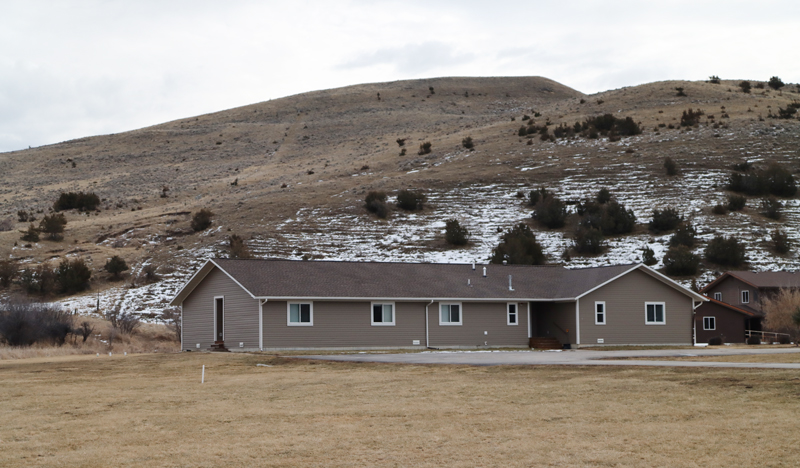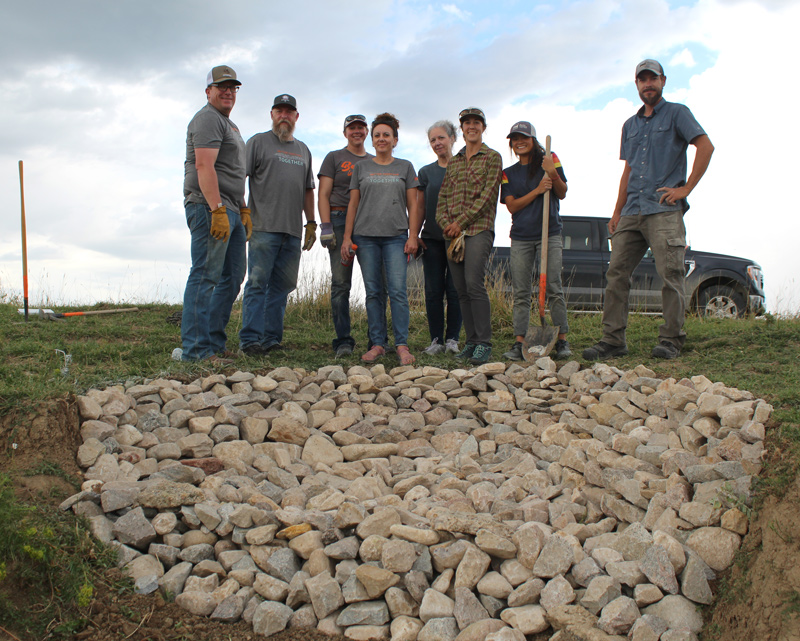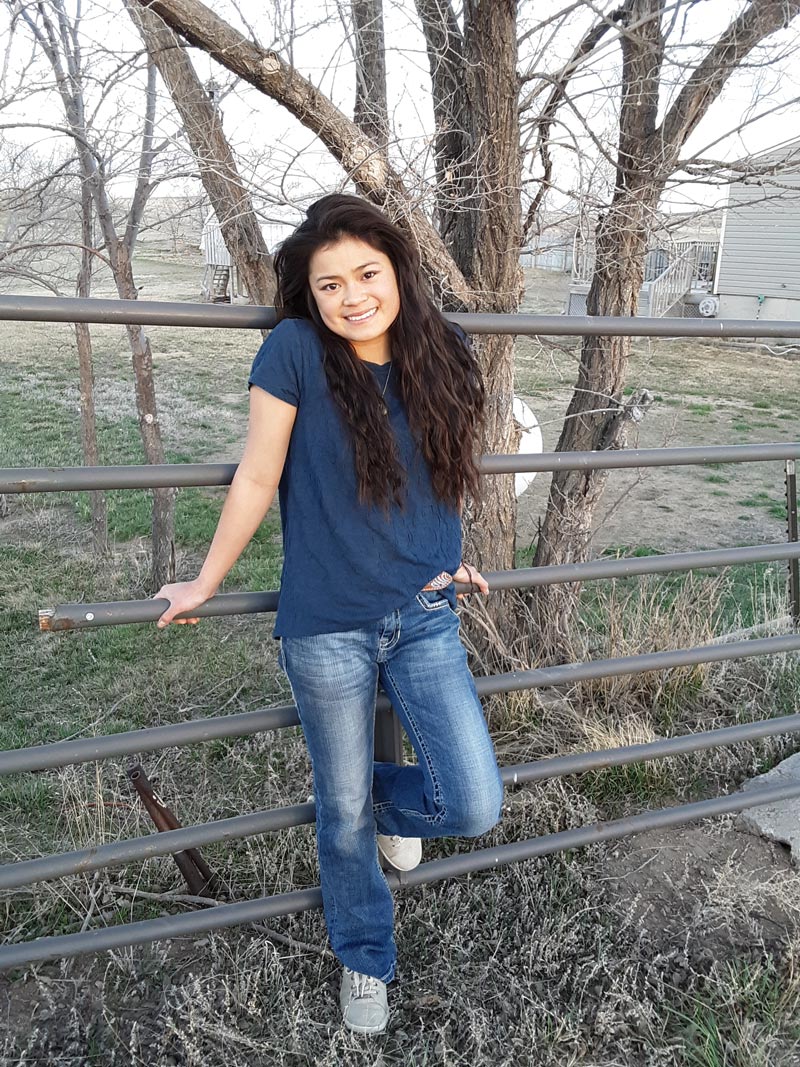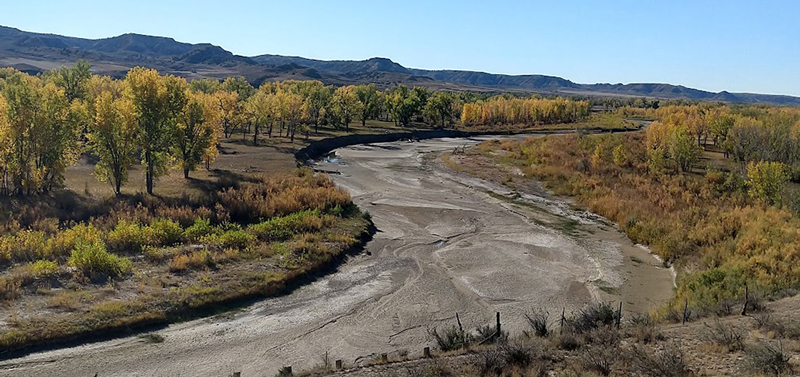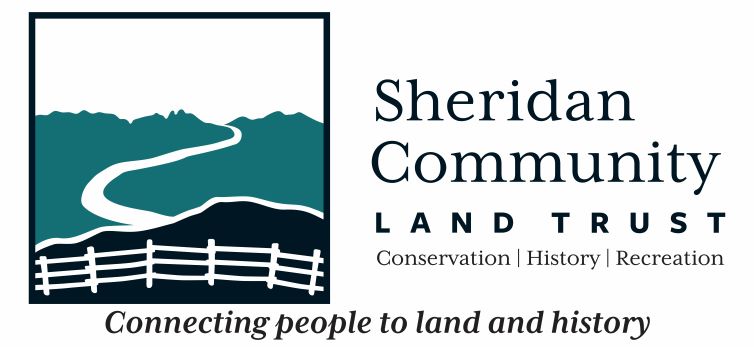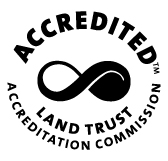Two years ago, much of Sheridan County experienced historic flooding. Last year, many streams were little more than a trickle. No one yet knows what this year will bring, but we do know that water will remain as important to life in Sheridan County as it has since the Bighorns formed and gave rise to our shortgrass prairie.
It is into this unknown and uncertain future SCLT embarks as we create a watershed health program that will help build local resiliency by working with Sheridan County residents and landowners on ways to help sustain local water for all of the people, ranches, plants and animals whose lives it nourishes.
What does that mean? Well, that depends on who you ask. It might mean a watering hub that keeps livestock and their manure away from stream banks. It might mean sprinkler system assessments for your home. It might mean willow plantings to shade and cool water for fish or beaver dam analogs to recharge shallow aquifers so there’s more water stream at the height of summer when water’s needed most.
Through December, Maggie DeFosse, our Watershed Health AmeriCorps , will be collecting information about every aspect of our watersheds so we can learn what opportunities may be the most effective ways to address the challenges unique to each watershed. She’s also interviewing anyone who uses water who wants to talk with her because we know tools work best when they’re built with the people who will use them in mind.
Put another way, Maggie’s creating the toolbox that our next watershed health teammate can deploy in any corner of the county. By working together with people from all corners of Sheridan County, we can build on successes like the Tongue River Initiative so that our watersheds and the water that flows through them are resilient and sustaining no matter what the future brings.
Not overnight, but over time. That’s watershed health – and it’s more than a drop in the bucket.
You can help watershed health today. Email Maggie at [email protected] or call our office at (307) 673-4702.


